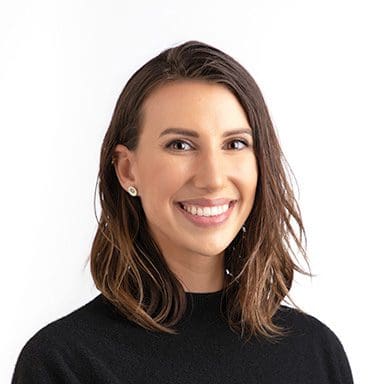UX research and design helps organizations make data-backed, business-driven decisions, bringing clarity and confidence in an unpredictable economic environment.
Back to team page
Katrina Orlov
Senior UX Researcher
Katrina’s dual background in art and science has honed her ability to think creatively and with strong attention to detail. Katrina has led and supported UX research and design projects in the consumer product, e-commerce, and healthcare spaces. To each project she brings a wide range of experience in ethnography, contextual inquiry, diary studies, focus groups, individual interviews, expert reviews, usability studies, rapid iterative design testing, and ideation workshopping. Katrina has an MS in Human Factors in Information Design from Bentley University.


Bold facts
![]() Learn more about
Learn more about
Something unique about you summed up in one sentence

Your favorite part of working at Bold Insight
In your spare time (or if you had spare time), you would absolutely do this:
How long have you been in the UX field?
You cannot start the day without doing this:

Your ultimate celebrity dinner party guest list would include:

Long-term personal or professional goal?
Your favorite city in the world is...and why?
Read our team’s latest bold insights
The evolution of global UX project managers
The rise of global UX project managers reflects the increasing complexity and importance of global user research. Investing in this role leads to more actionable insights, better product design, and a stronger foundation for scaling globally.
Mind the AI gap: The UX researcher’s role in navigating the AI divide
Explore how UX researchers can bridge the gap between AI hype and real-world limitations by asking tough questions, running experiments, and creating frameworks that guide responsible use.
Prototyping the experience: Use a lo-fi mindset to innovate leading-edge tech
Explore lo-fi prototyping in UX to boost ROI and spark innovation across industries. See real-life examples of how experience prototyping shapes journeys, saves resources, and enhances outcomes.